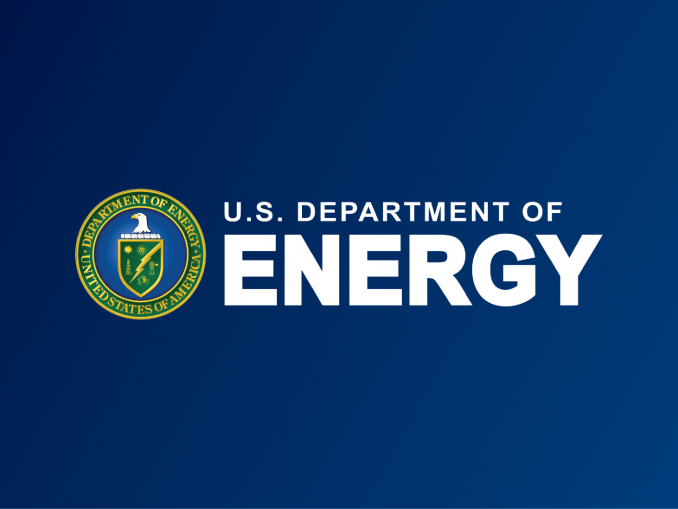
WASHINGTON, D.C.—Today, as part of President Biden’s Investing in America agenda, a key pillar of Bidenomics, the U.S. Department of Energy (DOE) announces up to $530 million in technical assistance competitive grants available for the adoption and implementation of the latest model energy codes, zero energy codes, building performance standards, and innovative codes that achieve equivalent energy savings to the latest model and zero energy codes. The Latest and Zero Building Energy Codes program is being administered through the DOE’s Office of State and Community Energy Programs (SCEP), and is funded by President Biden’s Inflation Reduction Act, the largest climate investment in history–which contains $1 billion to modernize America’s building stock through state and local action on building codes and save Americans money on their energy bills, while making buildings more resilient to extreme weather events.
“Shaping a clean energy future for cities and neighborhoods requires a whole system approach that includes modernizing the building stock to use less energy and be more resilient in the face of increasing natural disasters, said U.S. Secretary of Energy Jennifer Granholm. “Thanks to President Biden’s Investing in America agenda, we’re supporting states and local governments as they adopt and implement proven solutions that will save consumers money, reduce climate pollution, and build a place-based workforce of well-paid, in-demand jobs for local community members.”
Homes built to today’s energy codes are nearly 40% more efficient than homes built just 15 years ago, dramatically cutting energy costs for consumers. If all states updated to the latest model energy codes, over the course of 30 years, this action would save enough energy to power all households in the United States for a full year. Switching to the updated energy codes would equate to almost 2 billion metric tons of CO2 emissions reduction, the equivalent of removing over 445 million gas-powered cars from the road over the same 30 years.
This Latest and Zero Building Energy Codes Funding Opportunity Announcement (FOA) is open to states, territories and units of local government that have the authority to adopt building codes, and follows an earlier formula funding announcement for states and territories. This new competitive funding opportunity expands the pool of eligible grantees to include certain localities and expands qualifying activities to include customized codes and innovative code approaches such as building performance standards. These funding streams are designed to provide flexibility in response to the broad variety of jurisdictional circumstances, allowing eligible grantees to pursue a pathway that fits their state and local context.
The FOA provides federal guidance around qualifying activities in adopting and implementing several categories of building energy codes:
- Latest model energy codes (the 2021 International Energy Conservation Code (IECC) for residential, and ASHRAE 90.1-2019 for commercial)
- Zero energy codes (Appendices RC and CC of the 2021 IECC)
- Custom codes that result in equivalent or greater energy savings to the latest model codes or zero energy codes
- Innovative code approaches, such as building performance standards, that result in equivalent or greater energy savings to the latest model codes or zero energy codes
Using this funding, states and localities can coordinate to develop a workforce with skills of the latest building technologies, including how to properly install and operate to deliver affordable, healthy buildings. This represents an opportunity to create local, place-based jobs – bringing the community into the effort to improve their own homes, community centers, and offices.
This opportunity will also support states, territories and localities in creating more inclusive programs that align with the President Biden’s Justice40 Initiative, while ensuring that nonprofits, industry leaders, and states are prepared to deliver the energy efficiency projects needed to decarbonize buildings and create inclusive workforce training initiatives.
Eligible states, territories, or units of local governments with the authority to adopt building codes can submit brief concept papers, which are required in order to submit a full application, due February 9, 2024 – full applications are due April 30, 2024.
States and territories pursuing the previously released formula funding opportunity now have until January 31, 2024, to submit their letter of intent (LOI) to reserve formula funding. States and territories that have already submitted their LOI can now start the full application process. For more information, visit the IRA-funded Technical Assistance for Building Energy Codes program webpage.







